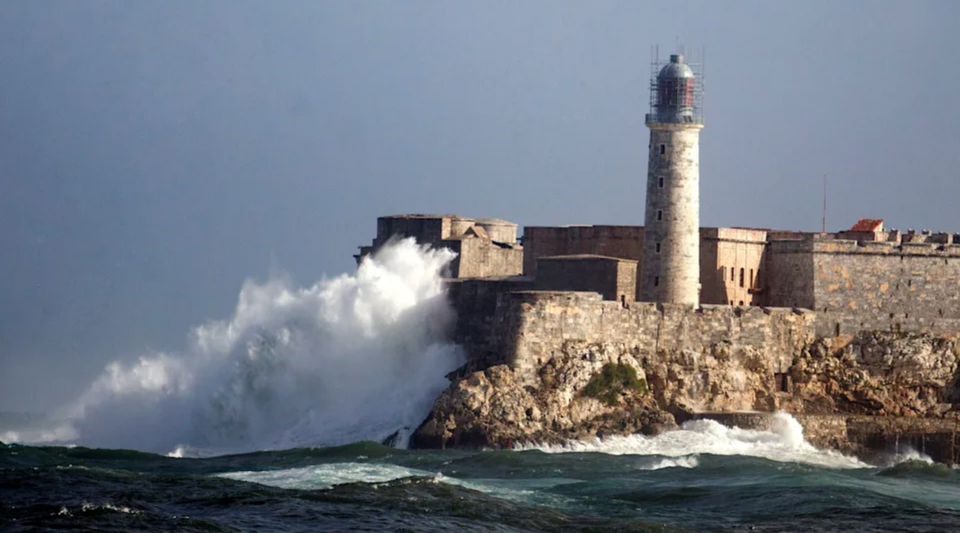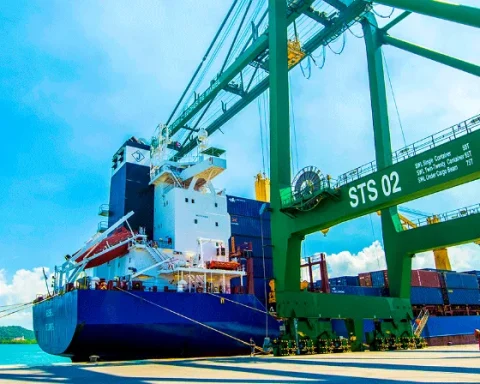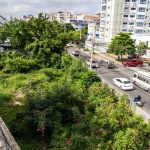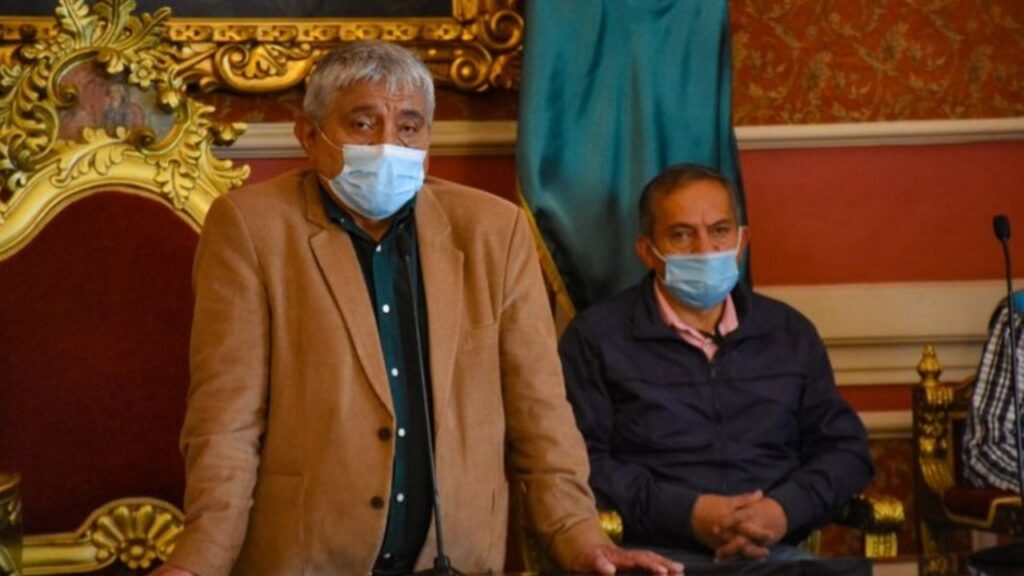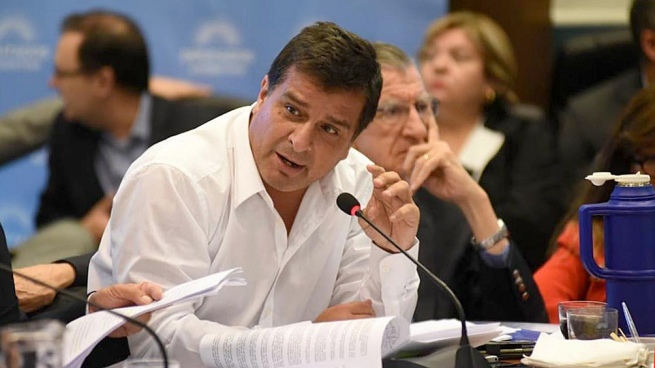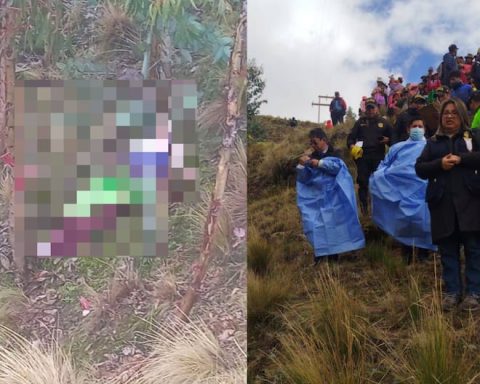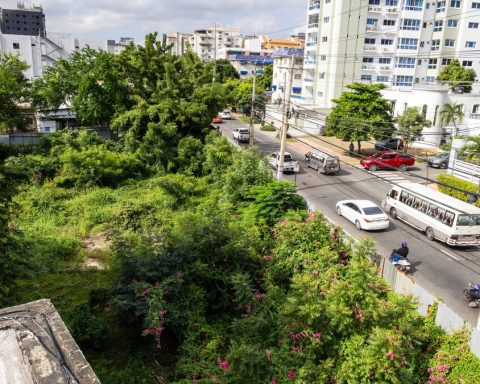(EFE).- Cuba will extend to the southern coast the scope of the international project “Coastal Resilience” focused on the rehabilitation of swampy forests and grasslands, mangroves and coral reefs affected by climate change, official media reported Monday.
For this, a comprehensive monitoring of the quality of drinking and ocean waters, and the surrounding marine and coastal ecosystems (seagrasses and reefs) will be carried out, one of those responsible for the program told the state-run Cuban News Agency.
The project is carried out on the north coast as part of the state plan to confront climate change. This phenomenon has severely affected Cuba’s main coral reef, located on Santa Lucía beach, in the province of Camagüey.
The state is critical due to the increase in macroalgae populations and the decrease in living coral tissue and fish populations.
The state is critical due to the increase in macroalgae populations and the decrease in living coral tissue and fish populations.
This is due to man-made and natural factors, the environmental specialist from the province’s Environmental Research Center, Jorge Martínez, recently explained.
He added that “global warming causes an increase in the temperature of the water mass and brings with it the migration of zooxanthellae-microalgae that live in symbiosis with the coral, which whitens, decreases its resilience capacity and can die from diseases or of natural form”.
The studies began in 2008 by the Cuban Institute of Oceanology and showed alarming data on the state of the reefs.
________________________
Collaborate with our work:
The team of 14ymedio is committed to doing serious journalism that reflects the reality of deep Cuba. Thank you for joining us on this long road. We invite you to continue supporting us, but this time becoming a member of our newspaper. Together we can continue transforming journalism in Cuba.
